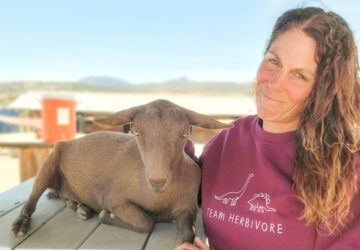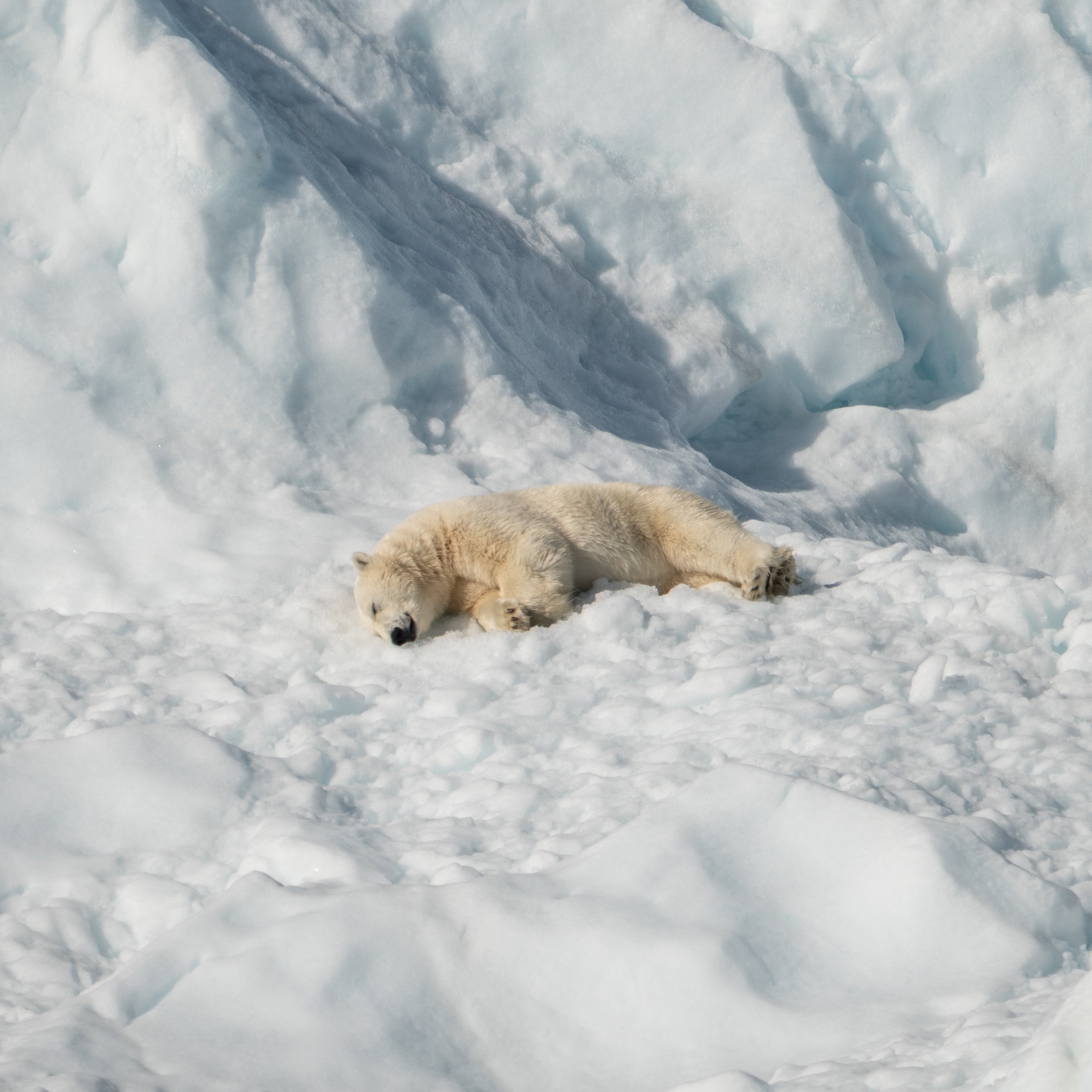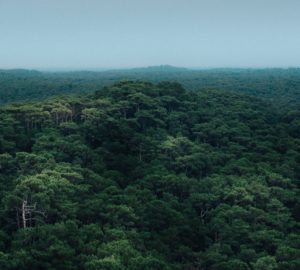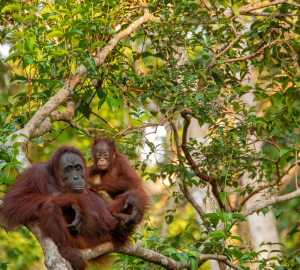Can polar bears be saved? Here’s what you need to know – and do
Polar bears are magnificent animals – and it breaks our hearts to see them suffer.
Sadly, they are seriously under threat because of global warming.
Here’s why these awe-inspiring animals are in trouble – and why we need to take action immediately to save them.
Climate change is making polar bears starve.
View this post on InstagramA post shared by Polar Bears International (@polarbearsinternational) on
Fact: polar bears need sea ice to survive.
With sea ice declining rapidly due to human-caused climate change, the world’s polar bears are facing a major threat.
Their natural habitat is being transformed at an alarming pace, making the species that are dependent on it incredibly vulnerable.
According to a study published in National Geographic, polar bears are already starving because of climate change. This heartbreaking video of a starving polar bear on iceless land shows us just how horrible the situation is.
View this post on InstagramA post shared by Polar Bears International (@polarbearsinternational) on
Sadly, scientists fear scenes like this will become more common in the future.
A recent study showed that polar bears are facing an even more serious predicament than previously thought.
It is estimated that the population of these beautiful animals, which are considered endangered in the U.S. and “vulnerable” by the IUCN, will shrink by 30 percent by 2050.
But climate change isn’t the only issue polar bears face.
View this post on InstagramA post shared by National Geographic (@natgeo) on
Polar bears are also facing risks if habitat destruction posed by the oil and gas companies which have turned their attention to the Arctic. Not only would this further destroy their habitat – but it would also expose them to toxic chemicals.
On top of that, human-bear conflicts and illegal, unsustainable hunting are contributing, too.
Which is why it is more important than ever for us to do whatever we can to help save polar bears.
5 things you can do to help polar bears right now:
View this post on InstagramA post shared by World Wildlife Fund (@world_wildlife) on
- Lower your thermostat. Reduce carbon emissions by lowering the thermostat in your home in winter as much as you can. It’s a small action that makes a big difference because using less energy reduces our carbon emissions and can slow global warming. This means you’ll be saving ice polar bears need to survive. Also, think about investing in a Smart Thermostat.
- Donate. Organizations like Polar Bears International are working hard to protect polar bears from various threats. Support them with a donation, and you’ll be making an important contribution towards the survival of these iconic animals.
- Raise your voice. Speaking up about the issue will draw attention to it – and inspire others to take action, too. Make your voice heard on social media by using hashtags like #InternationalPolarBearDay, #PolarBearsInternational, #PolarBearDay, and #SaveOurSeaIce.
- Adopt a polar bear. With WWF, you can help protect polar bears by adopting one! The adoption will provide funds to the WWF to continue their work, which aims to reduce human-bear conflict, as well as the impacts of climate change.
- Send a message. Our “Protect Our Ocean – Protect Our Future” tee is perfect for spreading an important environmental message. And – did you know that a part of our profits goes to animal and environmental organizations? Wholesome Culture has donated $50,000 to animals in need so far!

Polar bears aren’t the only animals you can help! Want to help more animals in need? Read these posts:
- The biggest challenges cats face and how to help now
- Here’s why you should boycott Groundhog Day
- 3 simple things you can do to save koalas
- The best animal charities to support right now
- Palm oil is destroying the planet – what you need to know to help
- Wanna help dogs in need? 4 ways you can make a difference
- 3 ways you can help save lions from extinction
- 3 ways you can help save bees
- How to make the world a better place for elephants









